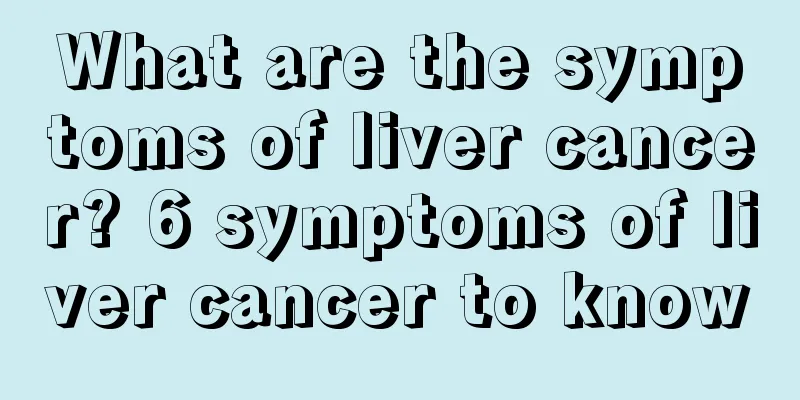Radical lung tumor resection is commonly used to treat lung tumors

|
Lung tumor is one of the common malignant tumors. Early diagnosis of lung tumor is an effective way to improve the treatment effect. Some experts say that lung tumor and AIDS are the two most serious diseases related to bad living habits that endanger human health in this century. Radical resection of lung tumor is commonly used to treat lung tumor. Radical lobectomy should be performed as much as possible for early-stage lung cancer. Patients with more advanced lung cancer should try to remove the primary tumor and metastatic lymph nodes as much as possible, and at the same time, radiotherapy, chemotherapy and other treatments should be used. Radical lung tumor resection is currently recognized worldwide as the preferred treatment for non-small cell lung tumors. The purpose of surgery is to clarify the diagnosis (which is the prerequisite for radiotherapy and chemotherapy) and remove the tumor and enlarged lymph nodes. The most commonly used surgical procedure is lobectomy or pneumonectomy plus hilar and mediastinal lymph node dissection, which is called radical resection of lung tumors. Among them, pneumonectomy will cause the patient to lose most of his ability to work, and the incidence of complications is relatively high, which should be avoided as much as possible. Recently developed new surgical procedures, such as bronchial sleeve lobectomy and bronchial and pulmonary artery double sleeve lobectomy, can reduce the number of pneumonectomies, expand the surgical indications for elderly patients with poor cardiopulmonary function, and better preserve healthy lung tissue. When performing radical resection of lung tumors, we completely remove the primary cancer and clear the hilar lymph nodes while trying to preserve healthy lung tissue to achieve the goal of survival. With the accumulation of our experience, the deepening of our understanding of lung tumors, the improvement of surgical techniques, the improvement of anesthesia and postoperative management, and the development of cardiovascular surgery and other fields, the surgical treatment of lung tumors has made great progress. In short, with the advancement of technology, surgical treatment of lung tumors has made great progress, the indications for surgery have been gradually expanded, and the safety of surgery has also been greatly improved. Only multidisciplinary treatment with surgery as the main focus can significantly improve the efficacy. We should carefully analyze and weigh the different conditions of the patients, have both a local perspective and a global concept, and choose the most suitable personalized treatment plan for the patient. Lung cancer: http://www..com.cn/zhongliu/fa/fzl.html |
<<: How long can a patient with nasopharyngeal cancer live in the late stage?
>>: What symptoms indicate that nasopharyngeal cancer has reached an advanced stage?
Recommend
How to care for breast cancer patients? 9 common postoperative care methods for breast cancer patients
Breast cancer is a common disease in life, most o...
Is surgery still recommended for lung cancer at the age of 70?
For a 70-year-old lung cancer patient, whether su...
Will heat stroke cause numbness in hands and feet?
In the summer, the temperature is high and many p...
Why do wisdom teeth grow?
The growth of wisdom teeth is very painful for ma...
Frequent use of this kind of laundry detergent may cause illness
1. I like scented laundry detergent When most peo...
How to get rid of acne on the back
I believe that everyone must not care much about ...
Why am I easily excited
Now, perhaps under the pressure of life, many peo...
Can I eat apples if I have a cold stomach?
Nowadays, more and more young people pay attentio...
What are the effective methods to treat gray hair
As we age, more white hair appears in our hair, w...
What to do if your ankles are tanned
Many girls don't want to see their ankles get...
Clinical and pathological diagnosis of malignant hamartoma
When it comes to hospitals, we would rather avoid...
Are there any differences in the effects and functions of Ningxia wolfberry and ordinary wolfberry?
Wolfberry is a common herb. It is native to Ningx...
How to Burn Body Fat
We all know that the most important thing about l...
20-year survival rate of nasopharyngeal carcinoma
20-year survival rate of nasopharyngeal carcinoma...
What is the cause of the pain in the upper back
If you always have back pain, you should pay atte...









